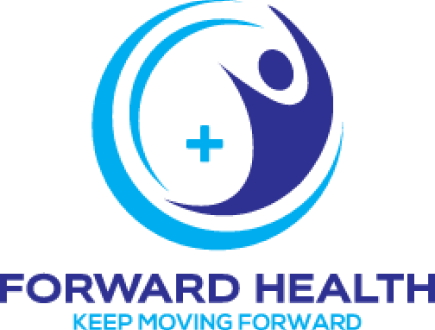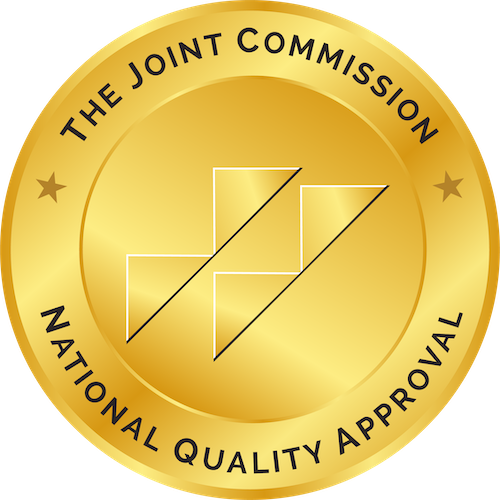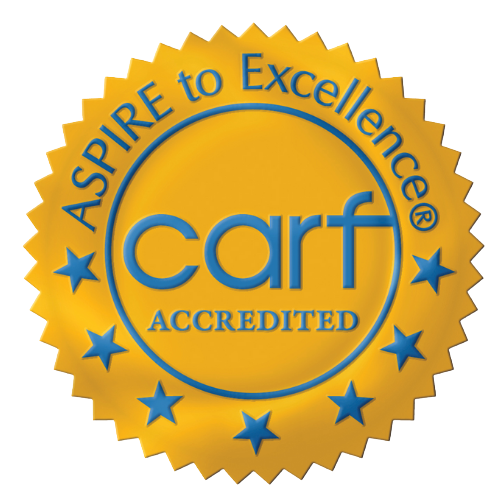There are many barriers to treatment, and employment is surprisingly one of them. Even though the stereotypical addict is unemployed and living on the streets, this is just a stereotype. In reality, over 13.6 million workers have a substance use disorder, and a similar number report being in recovery. This means that many people who struggle with substance use are working part-time or full-time jobs.
Having a job is an essential need for most Americans, as it provides income, benefits and stability. So, if you recognize that you’re in need of treatment but are worried about your job, you’ve come to the right place. Here’s everything you need to know about keeping your job while still getting the treatment you deserve.
Can Your Employer Fire You for Going to Rehab?
One of the main questions that people have before committing to treatment is whether or not their employer can fire them for a leave of absence. Fortunately, you have protection under the Family Medical Leave of Absence Act (FMLA) and the Americans with Disabilities Act (ADA).
- FMLA. Under the terms of the FMLA, a substance use disorder and/or mental illness qualifies as a serious health condition that entitles workers to 12 weeks of unpaid, job-protected medical leave.
- ADA. According to the ADA, addiction and mental illness are disabilities that deserve anti-discrimination protections in a job setting. Employers who employ 15 or more people are bound by the ADA’s rules.
FMLA and ADA protect your job if you’re going to rehab to get better. It does not protect you if you are currently using illicit drugs or drinking at work, or these behaviors are affecting your job performance. This is why it’s important to use FMLA and ADA protections proactively, before you can be cited for job negligence or drug/alcohol use in the workplace.
How Do I Start the Process? Who Do I Talk To?
Once you have made the decision to seek professional help, you’ll want to talk to your HR department or Employee Assistance Program (EAP). They can let you know of the next steps. Typically, you’ll need some type of documentation from your doctor stating that you need to take medical leave to treat a substance use disorder and/or mental health disorder.
Many drug and alcohol users put up walls to protect them from reality, and when they finally do make the decision to get help, they worry about their jobs. Keep in mind that there are legal protections in place, and you should not have to worry about losing employment over getting healthy.
When you do talk to your HR team or boss, try to be as open and frank as possible. It is not their place to judge you. All you can do is apologize for any problems you’ve caused, admit the truth without being defensive and let them know that you are taking the next steps to heal. Having this conversation will make things easier as you return to work.
Outpatient Programs Accommodate Your Work Schedule
Outpatient programs are an excellent fit for those who work. Forward Health offers intensive outpatient and standard outpatient programs. We do recommend committing your full attention to the initial stages of treatment. Once you start to recover, you can gradually return to work and take on more responsibility. To learn more about our convenient programs that can accommodate all work schedules, contact Forward Health today.




